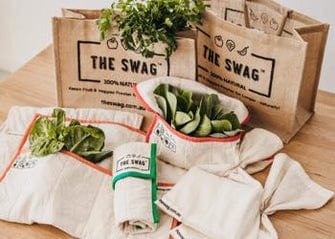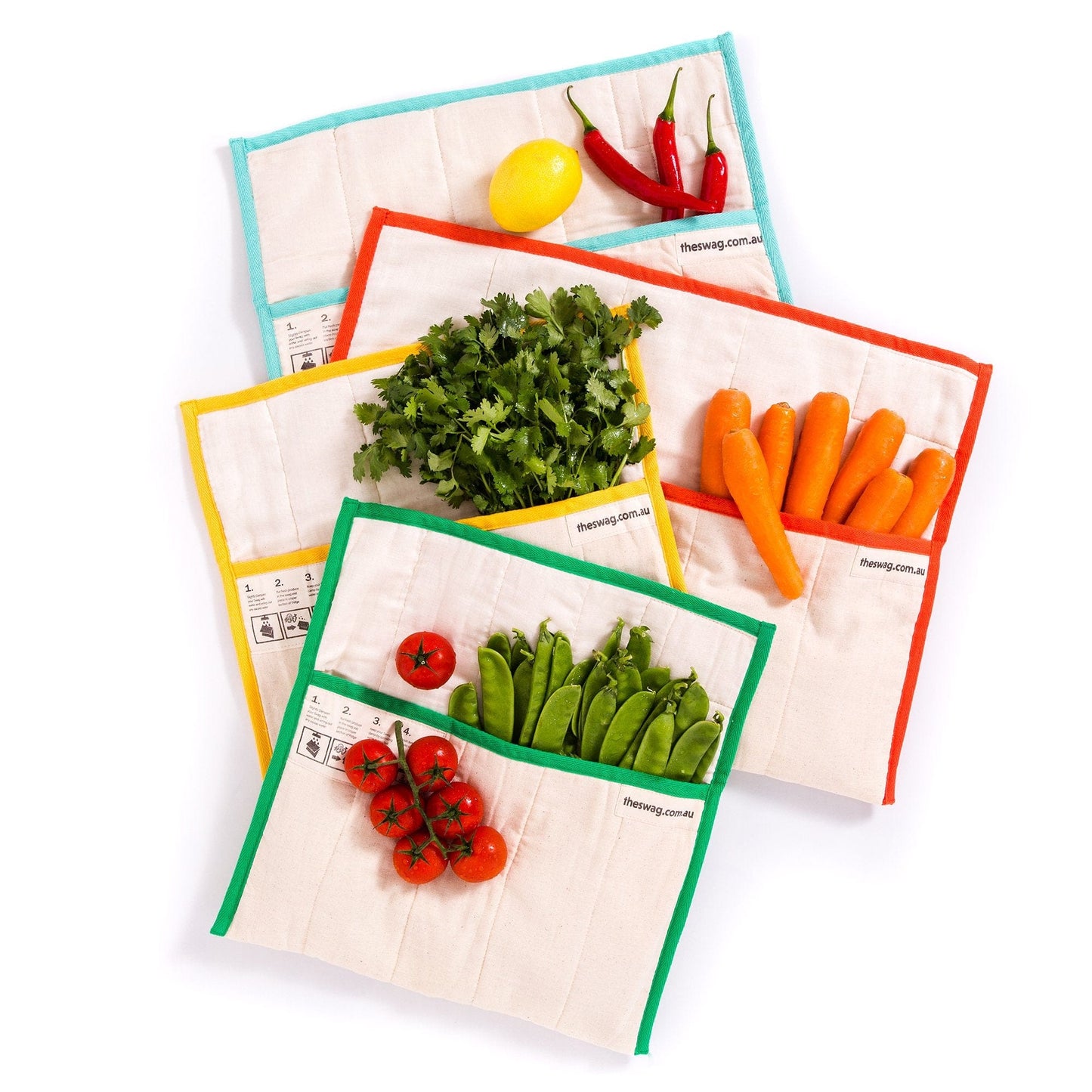Did you know that we Australians waste around 20% of the food we buy, which is around $8 billion per year? Yes, $8 billion! This is an incredibly high figure and has a massive impact on the environment. The good news is that, now you’re aware of it, you can make a far more conscious effort not to waste food. In this article, we’ve compiled 5 easy ways to reduce how much food is wasted in your household, and save money in the process:
Shop for less, more often
It may seem convenient to do one big shop each week however this can contribute in a big way towards food waste. It’s difficult to plan each meal a full week in advance and time everything to perfection without any food being spoiled and ending up in the bin. Fresh produce such as fruit and vegetables in particular, should be purchased 2-3 times per week just a couple of days in advance of being consumed. This brings the added benefit of your meals being fresher and tastier!
Don’t cook more than you need
This tip comes with many benefits including your waistline, your wallet and the environment! Many of us will err on the side of caution when cooking and add more food than we actually need. One of two things are likely to happen if you make too much food, either you will overeat, or you will bin the leftovers.
Store your food better
Proper storage of your fresh food can increase its lifespan by days or even weeks. Fruit and vegetables need to be able to breathe, which plastic packaging doesn’t allow for. Our ‘Swags’ are made to naturally preserve fresh food for longer. Freezers are also your friend as cooked food can be frozen and re-used down the track. Rotate and use frozen containers of food frequently however, as food does not last in the freezer indefinitely.
Use-By Dates Vs Best Before Dates
Many Australians don’t know, or pay attention to, the difference between ‘Best-Before’ and ‘Use-By’ labels. ‘Use-By’ labels are for food which must be eaten before that date for health and safety reasons. They are usually found on meat and fish products and food should not be eaten after that date to prevent health risks. ‘Best-Before’ labels refer to the date whereby the food may pass its optimum taste or quality and are usually found on foods like fruit or vegetables. It’s still safe to eat these foods after this date from a health standpoint.
Stick to the shopping list!
Does “Oh, strawberries and blueberries are on special, let's buy 2 punnets of each”, sound familiar? If so, you’re not alone! However, planning ahead for upcoming meals and having a shopping list to stick to will make it less likely that you’ll impulse purchase items which don’t get used and subsequently get thrown in the bin. We’ve all done it but try and be mindful in future and don’t stray from the list, there’s a reason you made it!
Here at The Swag, we’re all about looking after the environment and the health of Australians in any way we can, so we created all-natural, organic, breathable food storage bags as a plastic alternative. Check out our full range on our Shop page now!



